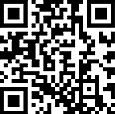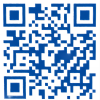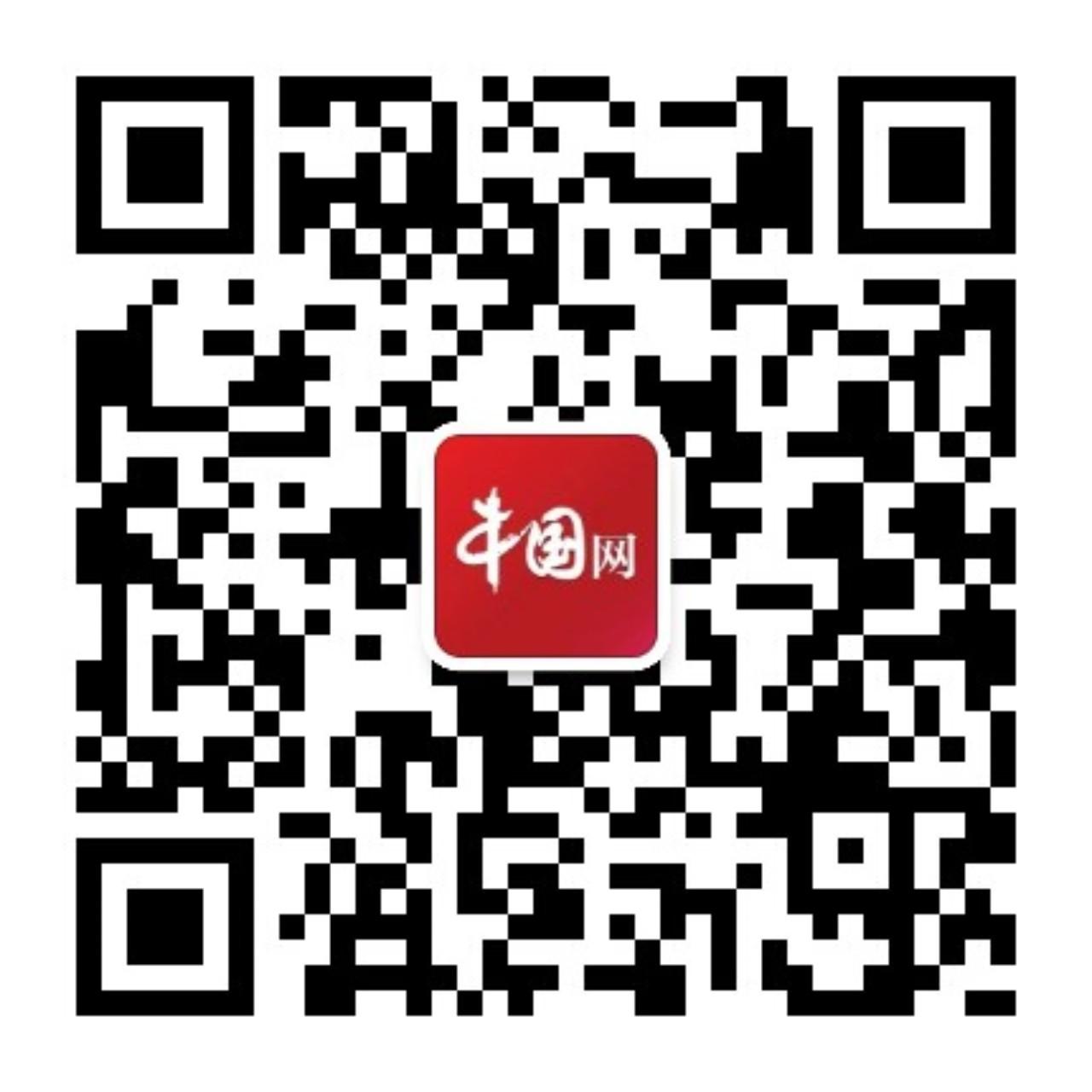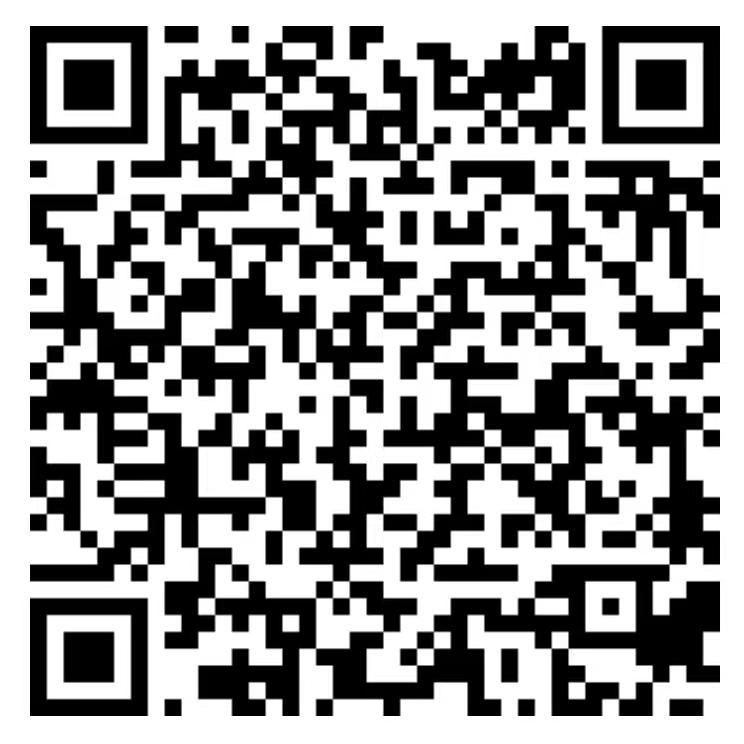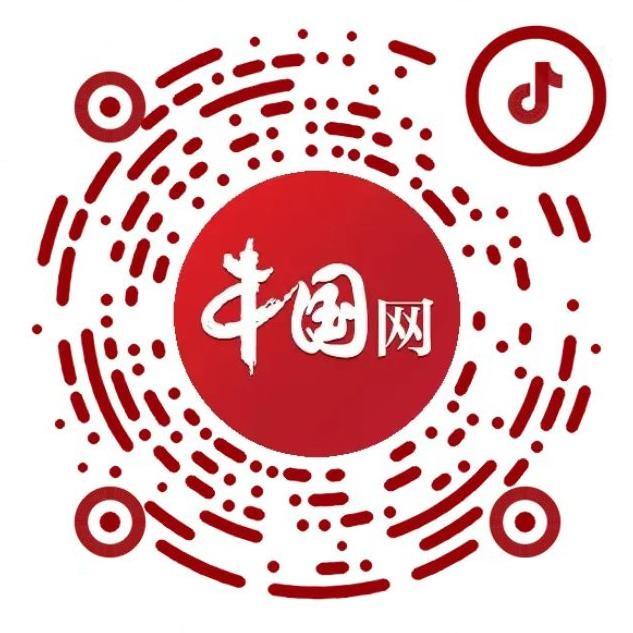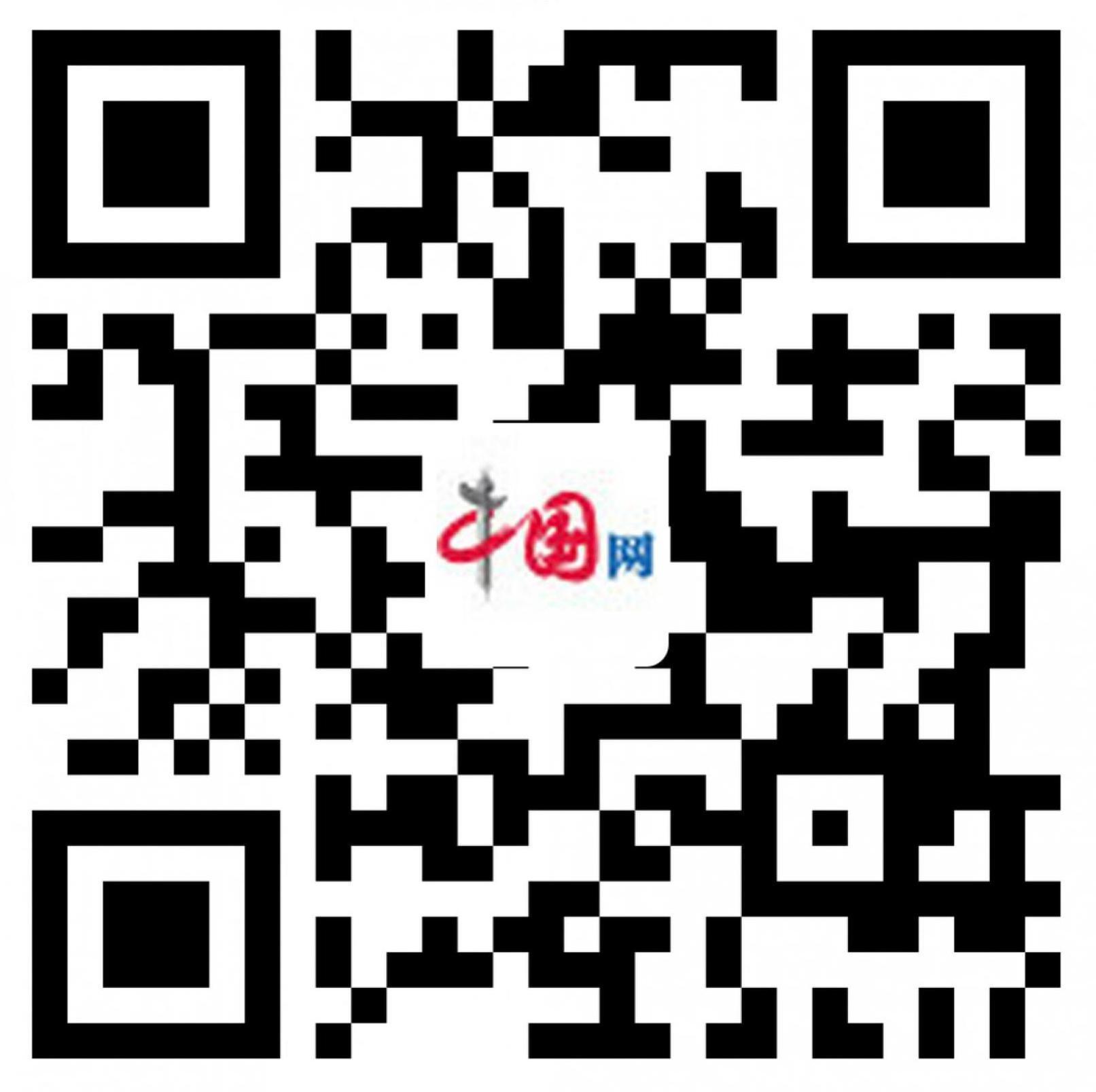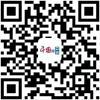Feature: Traditional Chinese medicine in Indonesia gaining ground, global attention
JAKARTA, June 27 (Xinhua) -- From morning until late afternoon, a steady stream of patients arrives at a traditional Chinese medicine (TCM) clinic on the outskirts of Yogyakarta, Indonesia, drawn by a time-honored healing method that is regaining public trust.
The clinic, named Rumah Sehat Toms Hepi, combines Chinese medicine with Javanese traditional healing, a rich cultural heritage of one of Indonesia's largest ethnic groups.
"The pandemic was a turning point. When people were afraid to go to hospitals, many turned to alternative medicine," said Arief Aditama, better known as Tomy, the clinic's founder, in an interview with Xinhua.
Although Tomy started his practice in 2009, the number of clients surged after the COVID-19 pandemic. Once restrictions were lifted, patient visits spiked."People began to see the value of preventive care, taking action before falling ill," he said.
Originally trained in dentistry, Tomy turned to TCM and Javanese healing for their holistic approach."These traditions view the body as a whole, an integration of physical and energetic systems," he explained."In Javanese culture, we call this life energy joyo; in Chinese, it's chi. Both emphasize balance."
The clinic offers a variety of therapies: scraping therapy, energy massage, gentle percussion along meridians, acupuncture, spinal adjustments, and acupressure.
Herbal remedies are also part of the treatment. Some formulas aim to boost energy, enhance immunity, or regulate body temperature, while specialized herbs imported from China are used to help manage chronic conditions such as cancer and autoimmune diseases.
Every day, more than a dozen patients, ranging from online motorcycle taxi drivers to office workers, academics, artists, and even government officials, seek care at the clinic.
For clients like Ian, 42, the appeal lies in how TCM has adapted to modern life. Living with platelet aggregation disorder, he takes customized herbal capsules based on his condition."I used to boil herbs myself. Now I just take capsules, it's much simpler," he said, noting his improved health.
Interestingly, some therapists at the clinic are former patients. Aris, 36, from Kudus in Central Java, once suffered from kidney stones."I recovered here, became curious, studied TCM, and now I've worked as a therapist for over a decade," he said.
Over time, word of mouth and online reviews have drawn international visitors from countries such as Germany, the Netherlands, and Serbia, over 20 in total, seeking treatment at the clinic.
"In many of their home countries, therapies like this are costly and hard to access. So when they come to Yogyakarta, they don't want to miss the opportunity," Tomy said.
This growing interest aligns with Indonesia's push to develop wellness tourism, especially in the post-pandemic context. The Ministry of Tourism has highlighted four pillars for development: medical tourism, wellness tourism, health-based sporting events, and science-based health tourism integrated with MICE (Meetings, Incentives, Conferences, and Exhibitions).
Clinics like Rumah Sehat Toms Hepi are becoming important players in this ecosystem."TCM could be one of Indonesia's strengths. The ingredients are local, the costs are low, and we have a deep-rooted tradition," Tomy emphasized.
Despite its growing popularity, traditional medicine still faces skepticism, often seen as less scientific than Western medicine. Tomy acknowledged this challenge. He pointed out that many of Indonesia's local healing traditions are poorly documented. Generations of knowledge have been lost due to weak record-keeping, colonial disruptions, and internal conflicts.
"Unlike China, which has standardized and systematically researched TCM, we still have a lot of catching up to do," he said.
However, signs of progress are emerging. Airlangga University in East Java pioneered Indonesia's first formal program in traditional medicine. The University of Indonesia has also partnered with Hubei University of Chinese Medicine in China for research collaboration.
"There is huge potential for knowledge exchange between Indonesia's traditional medicine and China's more established TCM system," University of Indonesia Rector Heri Hermansyah told local media.
With a more scientific framework, practical applications, and growing public trust, TCM in Indonesia is evolving. No longer just an alternative, it is increasingly viewed as a complementary form of care and a compelling option for health-conscious global travelers.
For Tomy, the vision is clear: traditional and modern medicine should not compete, but complement each other.
"Every method has its strengths. The key is to stay open-minded and focus on healing," he said. ■

